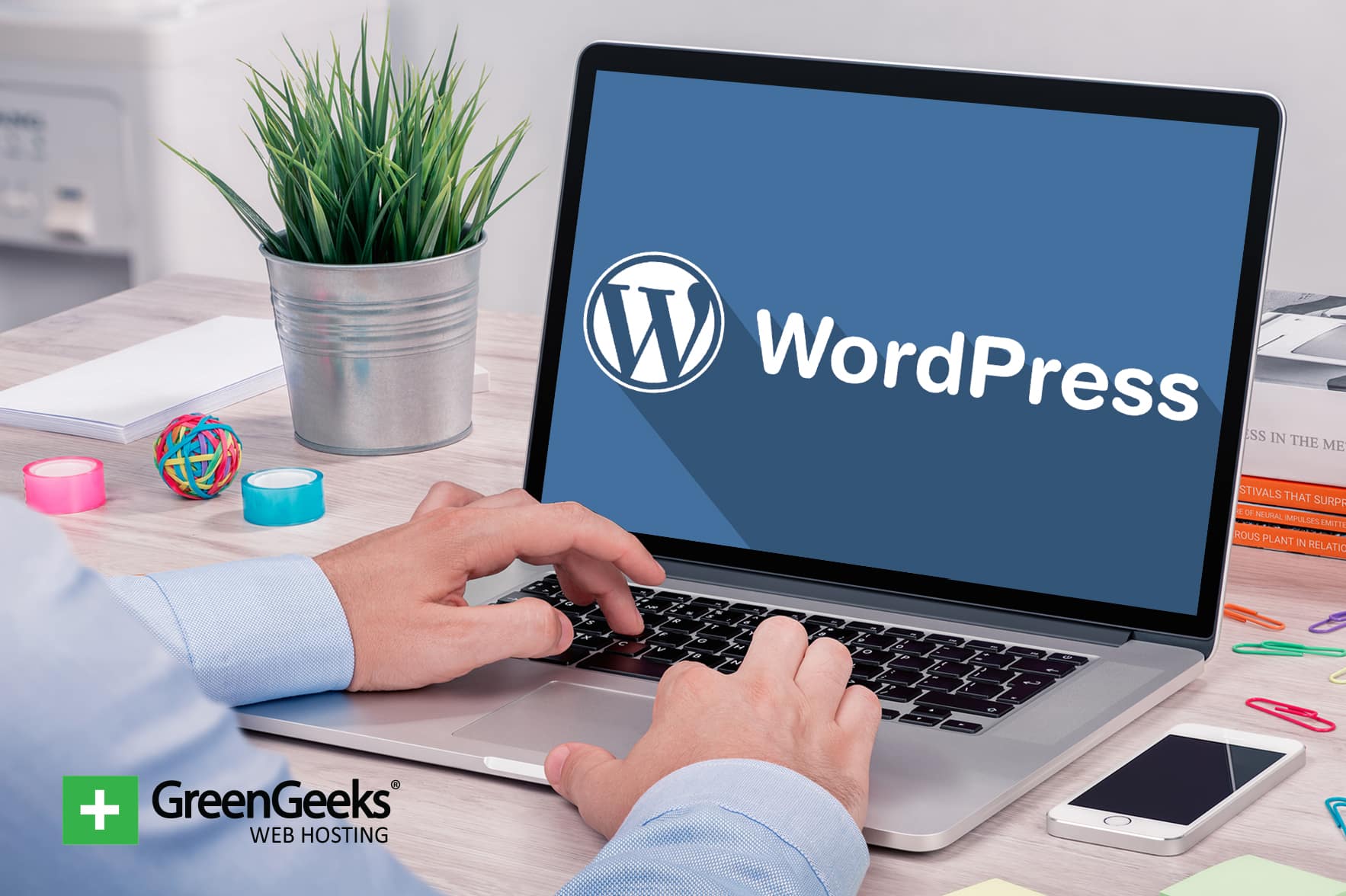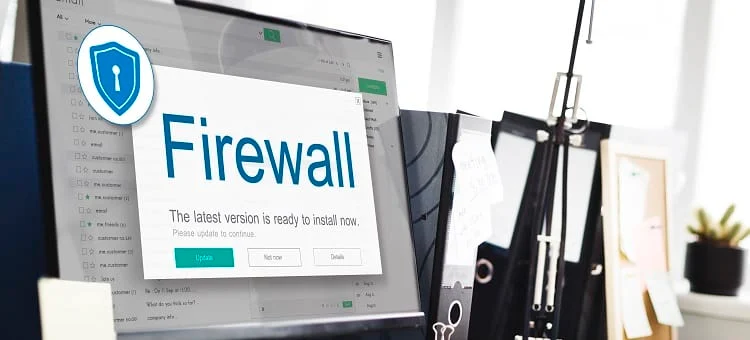WordPress is a free, open-source content management system (CMS) based on PHP and MySQL that enables users to build and manage websites without needing to write code codex.wordpress.org. First released in May 2003 by Mike Little and Matt Mullenweg, it has since evolved from a simple blogging tool into a full-fledged CMS powering over 35% of all websites worldwide codex.wordpress.orgLearn WordPress. With its plugin architecture and theme system, WordPress offers immense flexibility, allowing beginners to set up a basic site in minutes and developers to create complex, customized web applications Learn WordPressWikipedia. Available in two main forms—self‑hosted WordPress.org and hosted WordPress.com—it caters to a wide range of needs, from personal blogs to enterprise portals Make WordPressLearn WordPress.
What Is WordPress?
WordPress is an open‑source CMS that you install on a web server to create websites, blogs, online stores, and more codex.wordpress.org. It provides a graphical dashboard where you can publish posts and pages, manage media files, and customize your site’s appearance using themes and plugins, all without manual coding Learn WordPress.
WordPress.org vs. WordPress.com
WordPress.org (Self‑Hosted)
WordPress.org offers the free WordPress software for download, which you host on your own web server or through third‑party hosting providers Make WordPress. This version gives you full control over your site’s files, database, themes, and plugins, making it ideal for users who need maximum flexibility and ownership Learn WordPress.
WordPress.com (Hosted)
WordPress.com is a subscription‑based service that hosts your site for you. It simplifies setup and maintenance by managing the server, updates, and backups, but limits certain customizations and plugin installations on lower‑tier plans Make WordPress.
Key Differences
-
Cost & Control: Self‑hosting requires purchasing hosting and a domain but offers complete control; hosted plans range from free (with limitations) to premium tiers with advanced features Learn WordPress.
-
Customization: WordPress.org lets you install any theme or plugin, whereas WordPress.com restricts plugin access on most plans Learn WordPress.
-
Maintenance: WordPress.com handles core updates and backups, while self‑hosted users must manage these themselves Make WordPress.
Core Features and Components
Themes
Themes dictate your site’s visual layout and style. Thousands of free and premium themes are available, enabling you to change your site’s look with a few clicks Wikipedia.
Plugins
Plugins extend WordPress functionality—adding contact forms, SEO tools, e‑commerce (e.g., WooCommerce), performance optimizers, and more. Over 55,000 plugins exist in the official directory Wikipedia.
Gutenberg Block Editor
Introduced in WordPress 5.0, the Gutenberg editor uses blocks to build content visually, allowing users to insert and arrange multimedia and layout elements without code Wikipedia.
User Roles & Permissions
WordPress includes five default user roles (Administrator, Editor, Author, Contributor, Subscriber), each with specific permissions to manage content and settings Wikipedia.
Getting Started: Setting Up Your First Site
1. Domain & Hosting
Choose a domain name (your site’s address) and sign up for a hosting plan that supports PHP and MySQL Learn WordPress. Many hosts offer one‑click WordPress installation for quick setup.
2. Installation
– One‑Click Install: Available in most control panels (cPanel, Plesk) for instant deployment.
– Manual Install: Download WordPress from WordPress.org, upload files via FTP, create a MySQL database, and run the installer script codex.wordpress.org.
3. Initial Configuration
After installation, log into the dashboard (yourdomain.com/wp-admin) to configure site title, permalinks (URL structure), and general settings Learn WordPress.
4. Choosing a Theme & Plugins
Navigate to Appearance → Themes to activate a theme, and Plugins → Add New to install essential plugins like security, SEO, and caching tools WordPress.org.
Why Beginners Love WordPress
-
No Coding Required: Intuitive editor and settings panels make content creation and site management accessible to non‑developers WPBeginner.
-
Large Community & Support: Extensive documentation, forums, and tutorial sites (e.g., WPBeginner) provide step‑by‑step guides and troubleshooting WPBeginner.
-
Scalability: Start with a simple blog and scale up to complex portals, membership sites, or online stores as your skills grow Learn WordPress.
Recommended Learning Resources
-
WPBeginner: Extensive tutorials for mastering WordPress basics to advanced topics WPBeginner.
-
Hostinger Tutorials: Step‑by‑step guides on setup, customization, and troubleshooting Hostinger.
-
Official Documentation: WordPress Codex and Developer Resources on WordPress.org codex.wordpress.org.
-
Learn.WordPress.org: Free courses and lesson plans for various experience levels Learn WordPress.
By understanding what WordPress is, how it works, and leveraging its themes and plugins, anyone—from a beginner blogger to a seasoned developer—can build powerful, customized websites. Whether you choose self‑hosted freedom or hosted convenience, WordPress remains the world’s most popular CMS for good reason.






